
6 timely reasons to integrate your receivables

Colleges respond to student needs by offering digital payments

Benefits of billing foreign customers in their own currency

Webinar: Digitizing receivables to transform B2B rent payments

Improve government payments with electronic billing platforms

Emerging A/R solutions use artificial intelligence to target efficiency

Drivers for changing accounts receivable in 2021
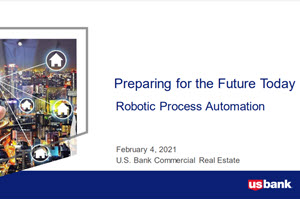
Webinar: Robotic process automation
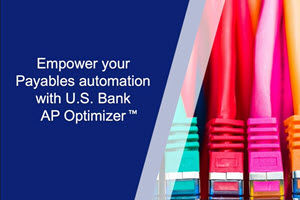
Webinar: Digitize your AP processes to optimize results

Hospitals face cybersecurity risks in surprising new ways

Webinar: Empower your AP automation with strategic intelligence
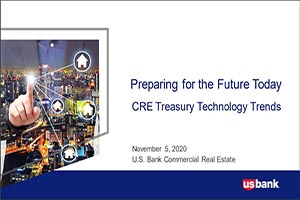
Webinar: CRE technology trends
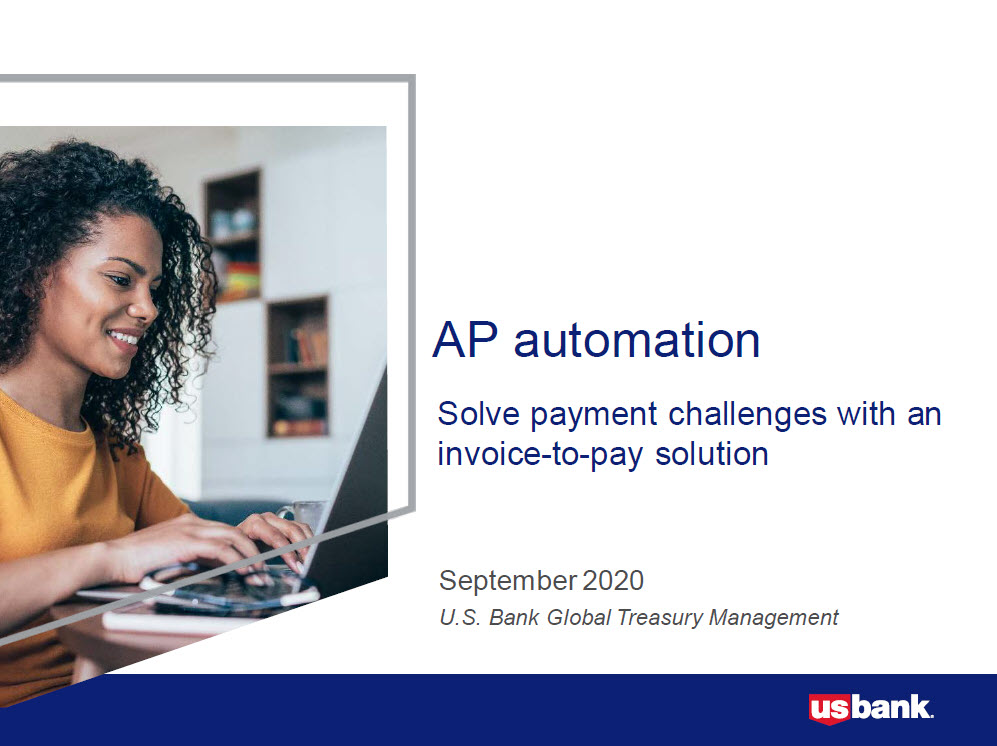
Webinar: AP automation—solve payment challenges with an invoice-to-pay solution
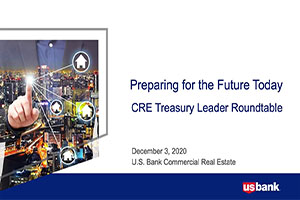
Webinar: CRE treasury leader roundtable

5 Ways to protect your government agency from payment fraud
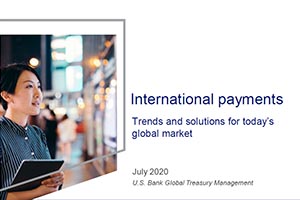
Webinar: International payments

Government agency credit card programs and PCI compliance

Standardizing healthcare payments

Consolidating payments for healthcare systems

Higher education strategies for e-payment migration, fighting fraud

Payment industry trends that are the future of POS

How electronic billing platforms improve government payments

Modernizing fare payment without leaving any riders behind

Escheatment resources: Reporting deadlines for all 50 states

How real-time inventory visibility can boost retail margins

Access, flexibility and simplicity: How governments can modernize payments to help their citizens

Tap-to-pay: Modernizing fare payments pays off for transit agencies and riders

ABCs of APIs: Drive treasury efficiency with real-time connectivity

White Castle optimizes payment transactions

Three healthcare payment trends that will continue to matter in 2022

Managing the rising costs of payment acceptance with service fees

Restaurant survey shows changing customer payment preferences

Want AP automation to pay both businesses and consumers?

Webinar: CSM corporation re-thinks AP

Digital trends poised to reshape hotel payments

How to improve digital payments security for your health system

Luxury jeweler enhances the digital billing and payment customer experience

Enhancing the patient experience through people-centered payments

Adjust collections to limit impact of USPS delivery changes

Increase working capital with Commercial Card Optimization

Automate escheatment for accounts payable to save time and money

Top 3 ways digital payments can transform the patient experience

How COVID-19 is transforming healthcare payments

3 benefits of integrated payments in healthcare

Automate accounts payable to optimize revenue and payments

Unexpected cost savings may be hiding in your payment strategy

What to know when investing in AP automation solutions

Webinar: AP automation for commercial real estate

How AR technology is helping advance payment processing at Avera Health

Understanding and preparing for the new payment experience

3 ways to adapt to the new payments landscape

Ways prepaid cards disburse government funds to the unbanked

Collect utility and telecom bill payments faster

Safeguarding the payment experience through contactless

Higher education and the cashless society: Latest trends

Top tips for card payments optimization

The benefits of payment digitization: Pushing for simplicity

COVID-19 safety recommendations: Are you ready to reopen?

Government billing survey: The digital transformation of the payment experience

3 ways to make practical use of real-time payments

4 benefits to paying foreign suppliers in their own currency

Automating healthcare revenue cycle

Digital Onboarding helps finance firm’s clients build communities

ABCs of ARP: Answers to American Rescue Plan questions for counties

Tailor Ridge eBill case study
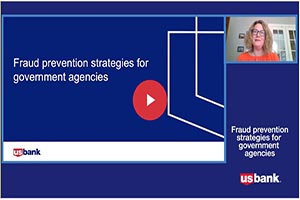
Webinar: Fraud prevention and mitigation for government agencies
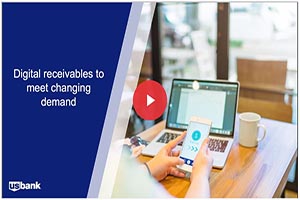
Digital receivables to meet changing demand

Overcoming the 3 key challenges of a lump sum relocation program

Streamline operations with all-in-one small business financial support

How mobile point of sale (mPOS) can benefit your side gig

Checklist: What you’ll need for your first retail pop-up shop

Rethinking common time management tips

6 common financial mistakes made by dentists (and how to avoid them)

How to apply for a business credit card

How jumbo loans can help home buyers and your builder business

How a small business is moving forward during COVID-19

How Everyday Funding can improve cash flow

How to accept credit cards online

Retirement expectations quiz

5 unexpected retirement expenses
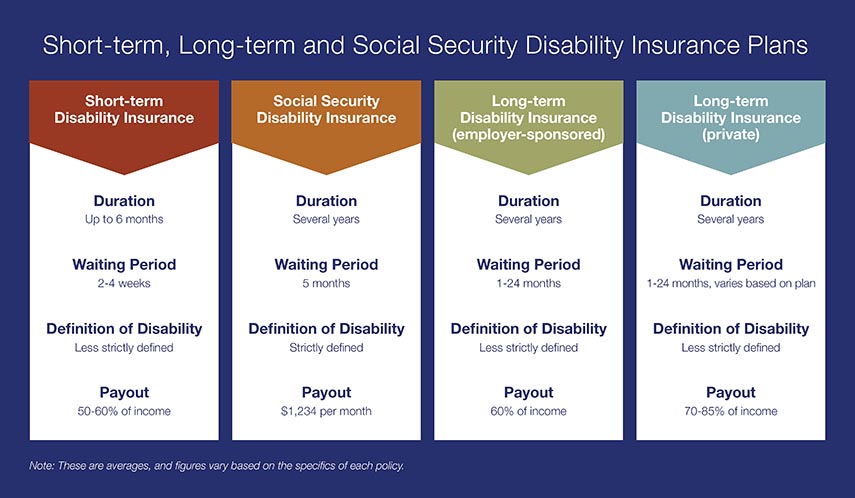
Is your employer long term disability insurance enough?

Is a Health Savings Account missing from your retirement plan?

What is Medicare? Understanding your coverage options

7 things to know about long-term care insurance

The connection between your health and financial well-being

Healthcare costs in retirement: Are you prepared?

3 steps to prepare for a medical emergency

How to plan and save for adoption and in vitro fertility treatment costs

What documents do you need after a loved one dies?

When your spouse has passed away: A three-month financial checklist

How to save money in college: easy ways to spend less
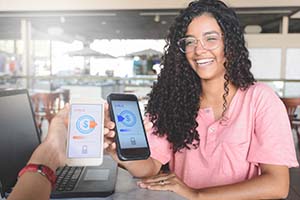
3 awkward situations Zelle can help avoid

Dear Money Mentor: How do I set and track financial goals?

7 financial questions to consider when changing jobs

How voice-activated devices work with banks

P2P payments make it easier to split the tab

Dear Money Mentor: How do I begin paying off credit card debt?

